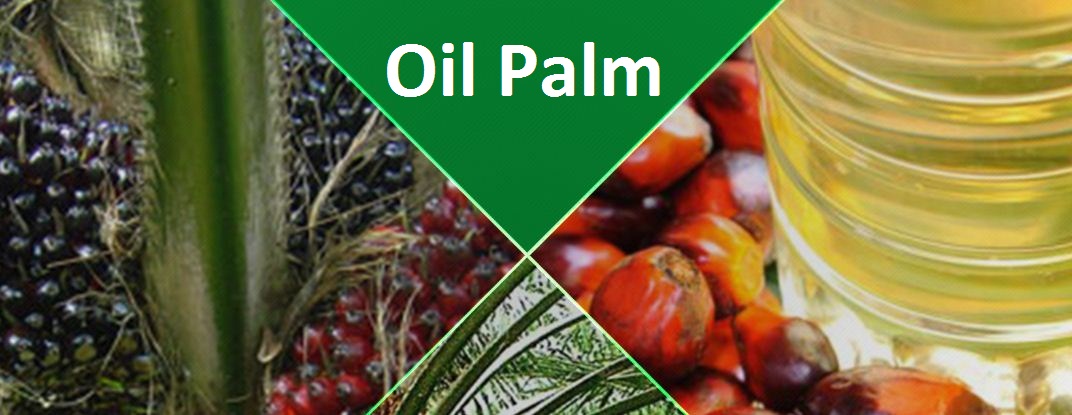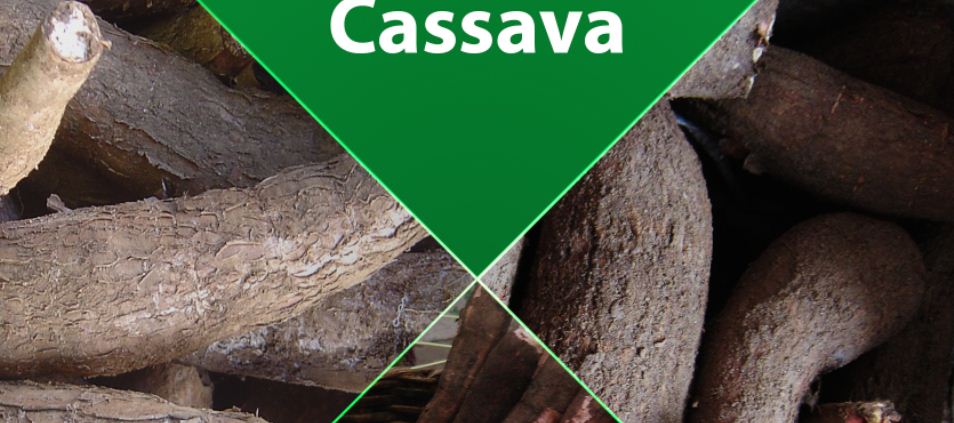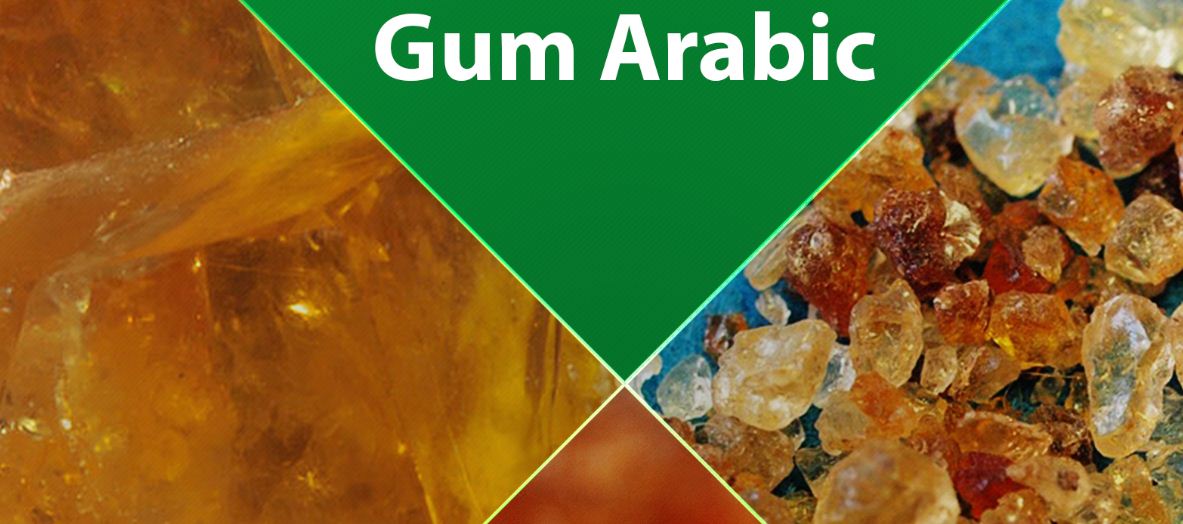Cashew And Cashew Nut Production States In Nigeria
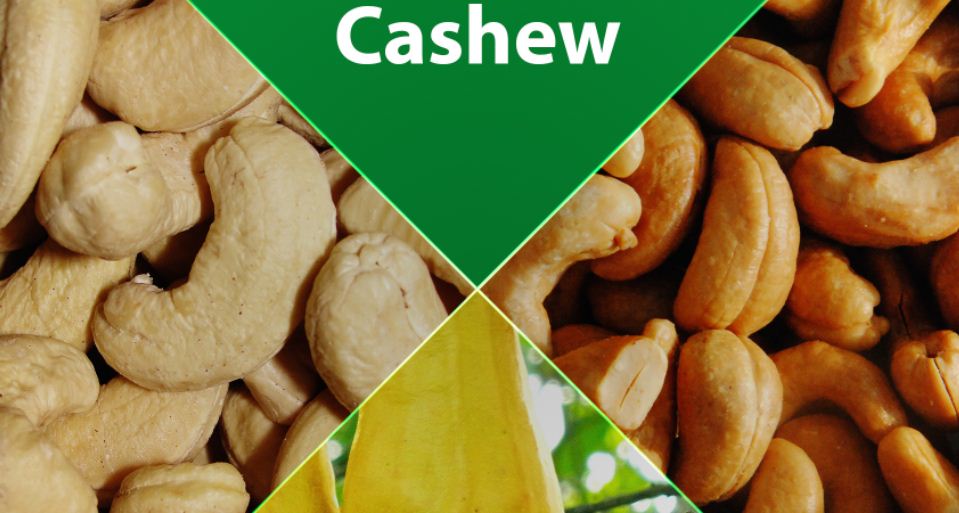
Currently, the major cashew producing countries is Vietnam, Nigeria, India and Ivory Coast. Cashew producing states in Nigeria is; Kaduna, Abia, Kogi, Enugu, Kwara, Oyo, Niger, Imo, and Abuja FCT.
Cashew apple and cashew nut is produced from cashew tree and has the botanical name of Anacardium occidentale, it has a pear-shaped structure, with colour ranging from light red to yellow, and its fruit is pulpy or juicy and the skin delicate, it is grown in tropical areas and the cashew seed, also called cashew is widely consumed.
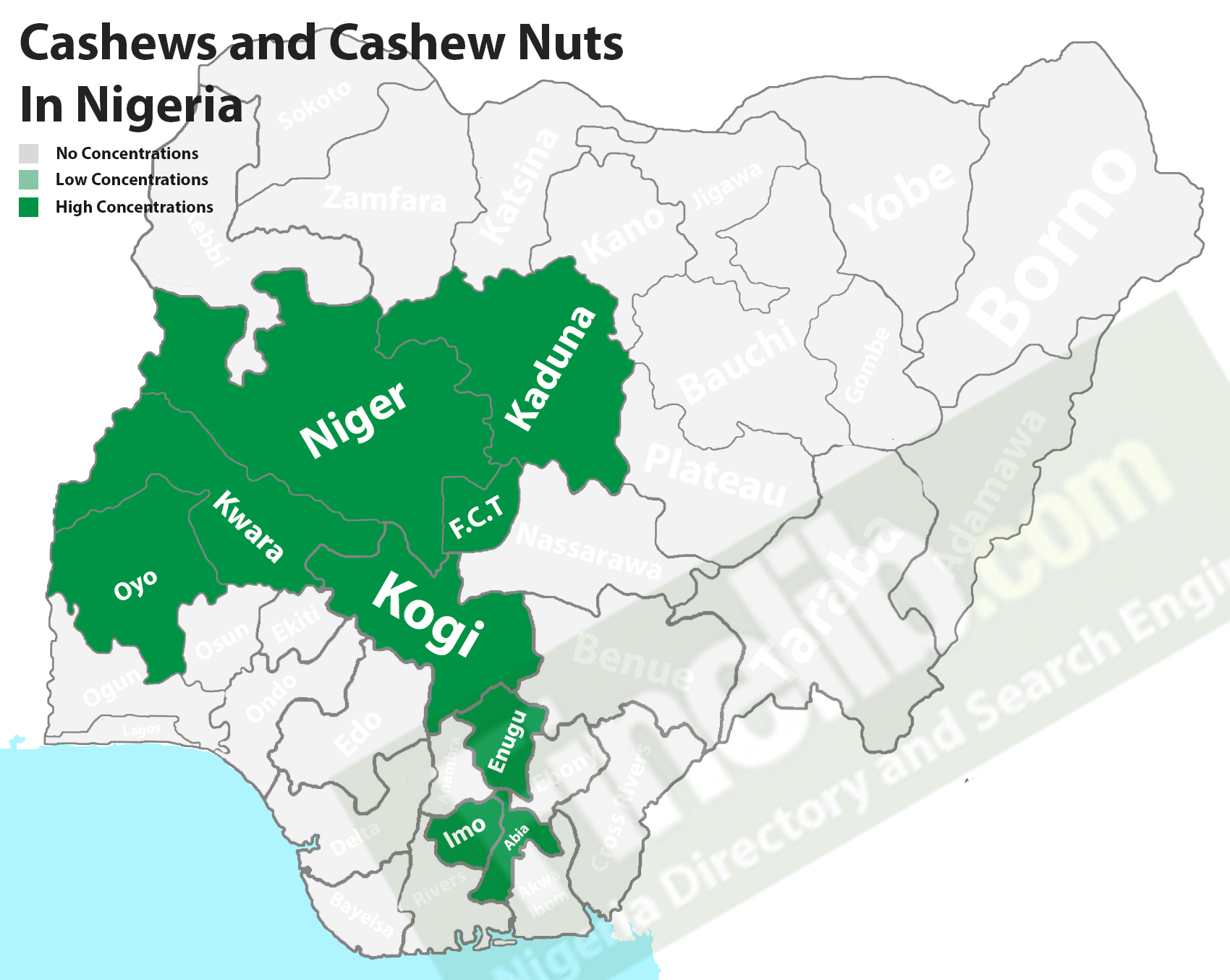
It takes a cashew plant about 2-3 years to grow from seed, with the tree first developing a drupe, it later develops into a cashew apple from the small stalk bearing the drupe.
The fruit which is the cashew apple also bears a single seed known as the cashew nut. Unlike the cashew fruit which can be eaten when plucked, the nut can’t be eaten unless after being roasted, it contains a toxin which can only be destroyed by smoke or fire.
It’s a seasonal fruits in Nigeria and in other areas of cultivation, and a succulent one, though it is highly perishable, it is highly sought after in the Nigerian market. Its fleshy pulp and nuts can be eaten and it’s very nutritional as it a good source of protein and contains also selenium, manganese, copper, phosphorus, magnesium, iron and vitamin B6.
Consumption of cashew and its nuts can greatly help in weight management, prevention of gall stones, bone development and prevention of bone diseases, reduction of heart diseases, and numerous health benefits.
• Cashew can either be eaten as a fruit or processed into cashew butter and cheese.
• The cashew pulp can be distilled into liquor or even processed into fruit drink.
• The cashew shell can be used in a wide range of applications such as in paints and lubricants.

